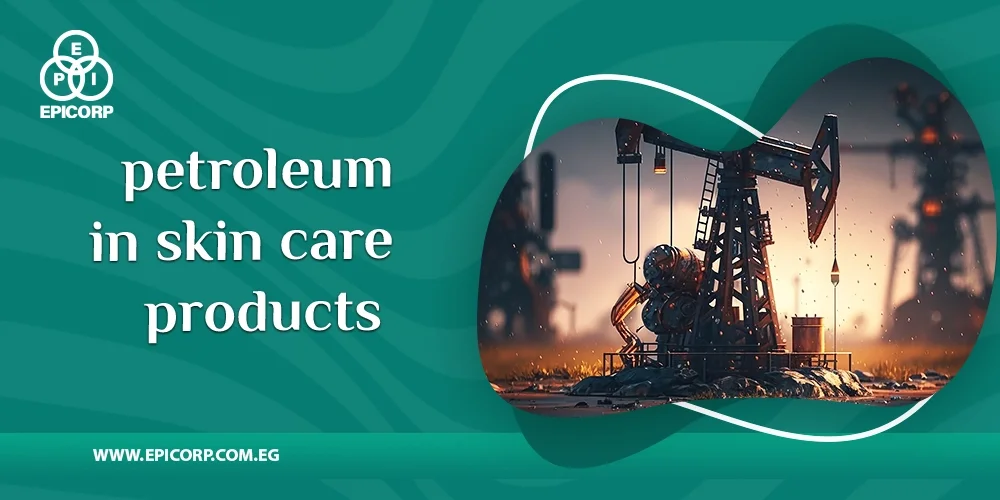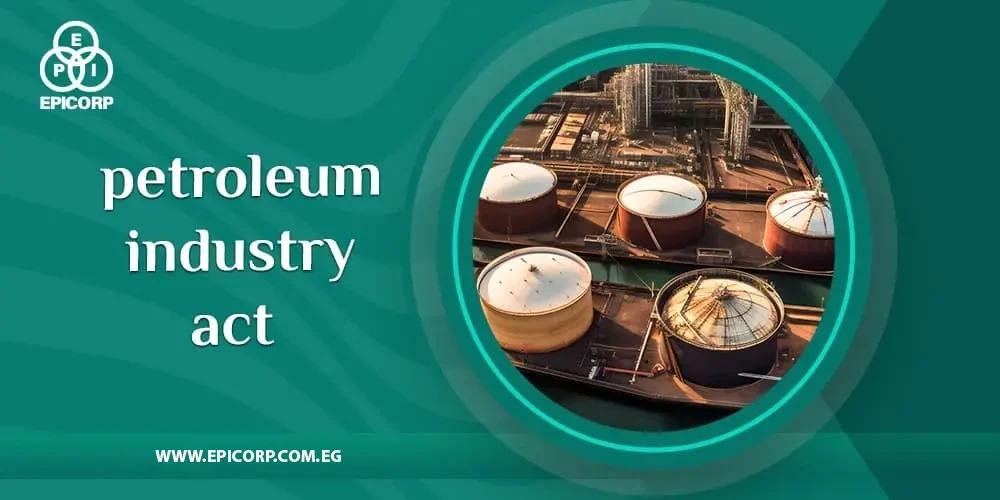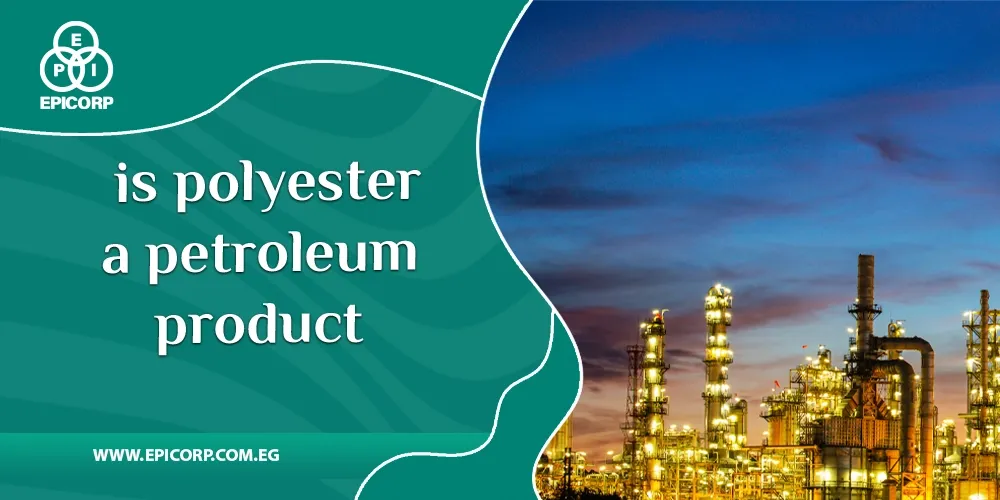petroleum in skin care products has been a subject of debate for decades. From its origins as a byproduct of crude oil refining to its widespread use in moisturizers, lip balms, and ointments, petroleum-based ingredients like mineral oil and petrolatum have garnered both praise and criticism. Let’s delve into the science, benefits, and potential concerns surrounding petroleum in skin care products.
Table of Contents
ToggleIs petroleum good in skincare?
Petroleum-based ingredients like petrolatum can be beneficial in skincare for several reasons. They function as occlusives, creating a barrier of defence against outside irritants and assisting in preventing moisture loss from the skin.
This can be particularly helpful for individuals with dry or sensitive skin conditions. Additionally, petroleum in skin care products are often non-comedogenic, meaning they are unlikely to clog pores, making them suitable for a wide range of skin types.
However, some people prefer to avoid petroleum in skin care products due to concerns about their origins or potential for environmental impact. As with any skincare ingredient, it’s essential to consider individual preferences and sensitivities when choosing products.
Read also: Petroleum Industry Definition.
Petroleum in skin care products
petroleum in skin care products refers to the inclusion of petroleum-derived ingredients such as mineral oil, petrolatum, and paraffin wax. These ingredients are often used for their emollient and occlusive properties, which help to moisturize the skin and create a protective barrier against moisture loss and external irritants.
While petroleum-based ingredients have been widely used in skincare for decades and are generally considered safe, some individuals prefer to avoid them due to concerns about their origins or potential for clogging pores. As with any skincare ingredient, it’s essential to consider personal preferences and sensitivities when choosing products.
Get to know: What Is Petroleum Energy
Is petroleum safe in products?
petroleum in skin care products, such as mineral oil and petrolatum, are considered safe for use in skincare products by regulatory agencies like the U.S. These ingredients undergo purification processes to remove impurities and are widely used in moisturizers, lip balms, and ointments for their moisturizing and protective properties. However, some individuals may choose to avoid petroleum-based products due to personal preferences or concerns about environmental impact.
Here’s: Solid Waste Management In Petroleum Refineries.
Is there an environmental impact?
The environmental impact of petroleum in skin care products primarily stems from their sourcing and production. Petroleum is a non-renewable resource extracted through drilling and refining processes, which can have ecological consequences such as habitat disruption and air and water pollution. Additionally, the disposal of petroleum-based products can contribute to landfill waste.
While the environmental impact of using petroleum in skin care products is a valid concern, it’s essential to consider that many alternatives also have environmental considerations. Some companies are working to mitigate these impacts by implementing sustainable sourcing practices, reducing packaging waste, and exploring renewable alternatives to petroleum-derived ingredients.
Overall, while petroleum-based ingredients in skincare products do have environmental implications, they are just one aspect of a broader sustainability conversation within the beauty industry.
Read also: Petroleum Refinery In Modern Times.
How does petroleum affect the skin?
petroleum in skin care products, such as mineral oil and petrolatum, can have both positive and negative effects on the skin:
1. Effects:
- Moisturization: Petroleum forms a protective barrier on the skin’s surface, helping to lock in moisture and prevent dehydration.
- Occlusivity: It acts as an occlusive agent, sealing in moisture and protecting the skin from external irritants and pollutants.
- Skin Protection: petroleum in skin care products can provide a protective layer on the skin, particularly beneficial for individuals with dry or sensitive skin conditions.
2. Negative effects:
- Pore Clogging: Some individuals may experience clogged pores or breakouts when using petroleum-based products, although they are generally considered non-comedogenic.
- Environmental Concerns: The production and disposal of petroleum-based ingredients can have environmental impacts, including habitat disruption and pollution.
- Contamination: There may be concerns about potential contamination with polycyclic aromatic hydrocarbons (PAHs), which are potentially carcinogenic compounds found in some petroleum-derived products.
Read also: Oil Refinery Waste Products.
Why is petroleum used in cosmetics?
petroleum in skin care products, such as mineral oil and petrolatum, are commonly used in cosmetics for several reasons:
- Moisturization: petroleum in skin care products act as emollients, helping to soften and smooth the skin by providing a protective barrier that prevents moisture loss.
- Occlusivity: They form a barrier on the skin’s surface, sealing in moisture and protecting the skin from external irritants and pollutants.
- Versatility: petroleum in skin care products are compatible with a wide range of other cosmetic ingredients, making them versatile components in various formulations.
- Stability: They have a long shelf life and are resistant to oxidation and degradation, helping to extend the stability and efficacy of cosmetic products.
- Cost-effectiveness: Petroleum-based ingredients are often less expensive than alternative botanical or synthetic ingredients, making them attractive options for formulators.
Overall, petroleum in skin care products play a significant role in cosmetics due to their moisturizing properties, versatility, stability, and cost-effectiveness, making them widely used in skincare, haircare, and makeup products.
Here’s: Subsea Oil And Gas.
Conclusion
In conclusion, petroleum in skin care products remains a contentious topic. While they offer effective moisturization and occlusive properties, concerns about potential contamination and environmental impact persist. According to EPICORP consumers become increasingly conscious of ingredient transparency and sustainability, the future of petroleum in skin care products may see continued scrutiny and exploration of alternative formulations.
FAQ
What is petrolatum?
Petrolatum, sometimes called petroleum jelly, is a combination made of petroleum that is semi-solid, It's a popular ingredient in skincare products due to its excellent moisturizing and protective properties. Petrolatum forms a barrier on the skin, helping to lock in moisture and protect against external irritants. However, some people may avoid it due to concerns about its origins or potential for clogging pores.
Is petrolatum safe?
Petrolatum is considered safe for use in skincare products by regulatory agencies such as the U.S. However, concerns have been raised about potential contamination with polycyclic aromatic hydrocarbons (PAHs), which are potentially carcinogenic compounds. To mitigate this risk, cosmetic-grade petroleum undergoes a purification process to remove impurities. Overall, when used as intended and in properly formulated products, petrolatum is generally regarded as safe for skincare use.



